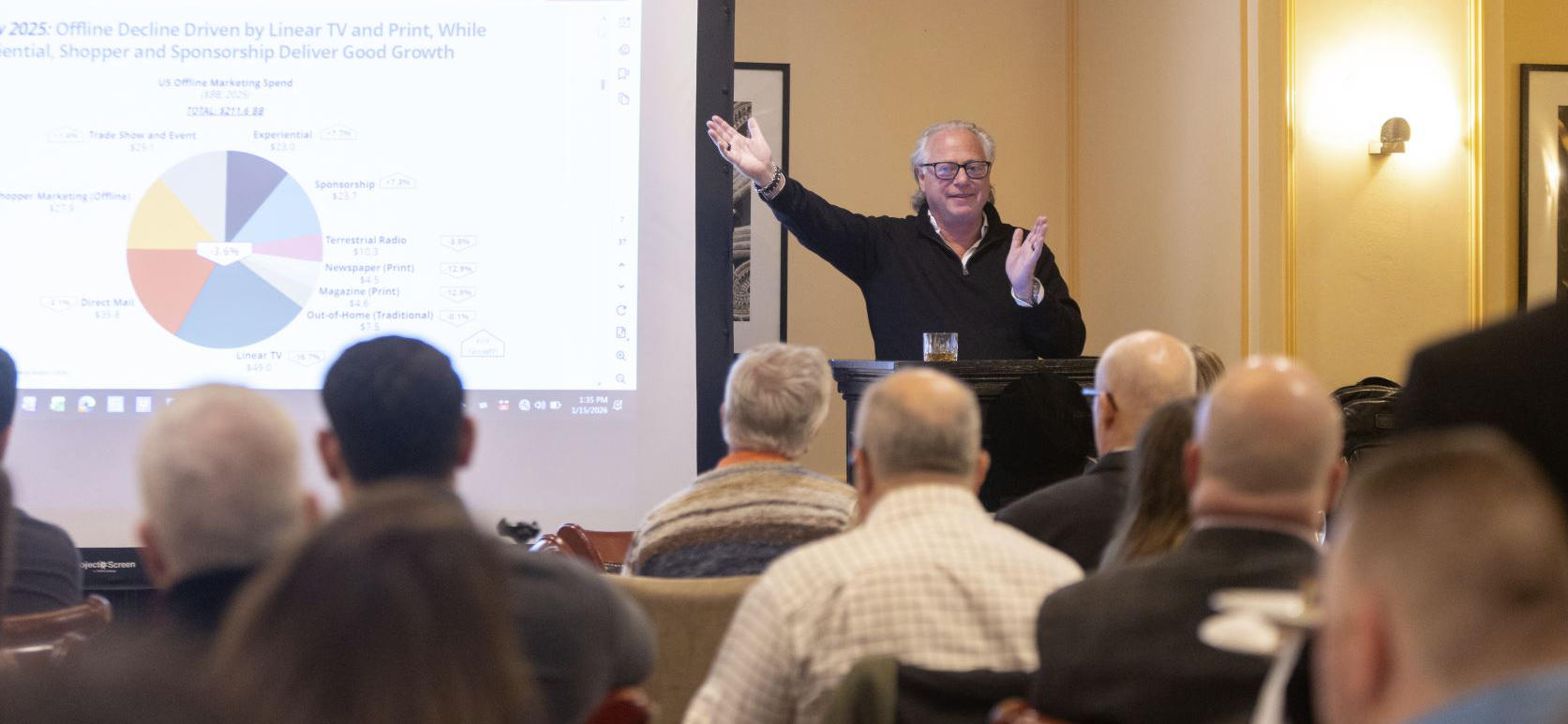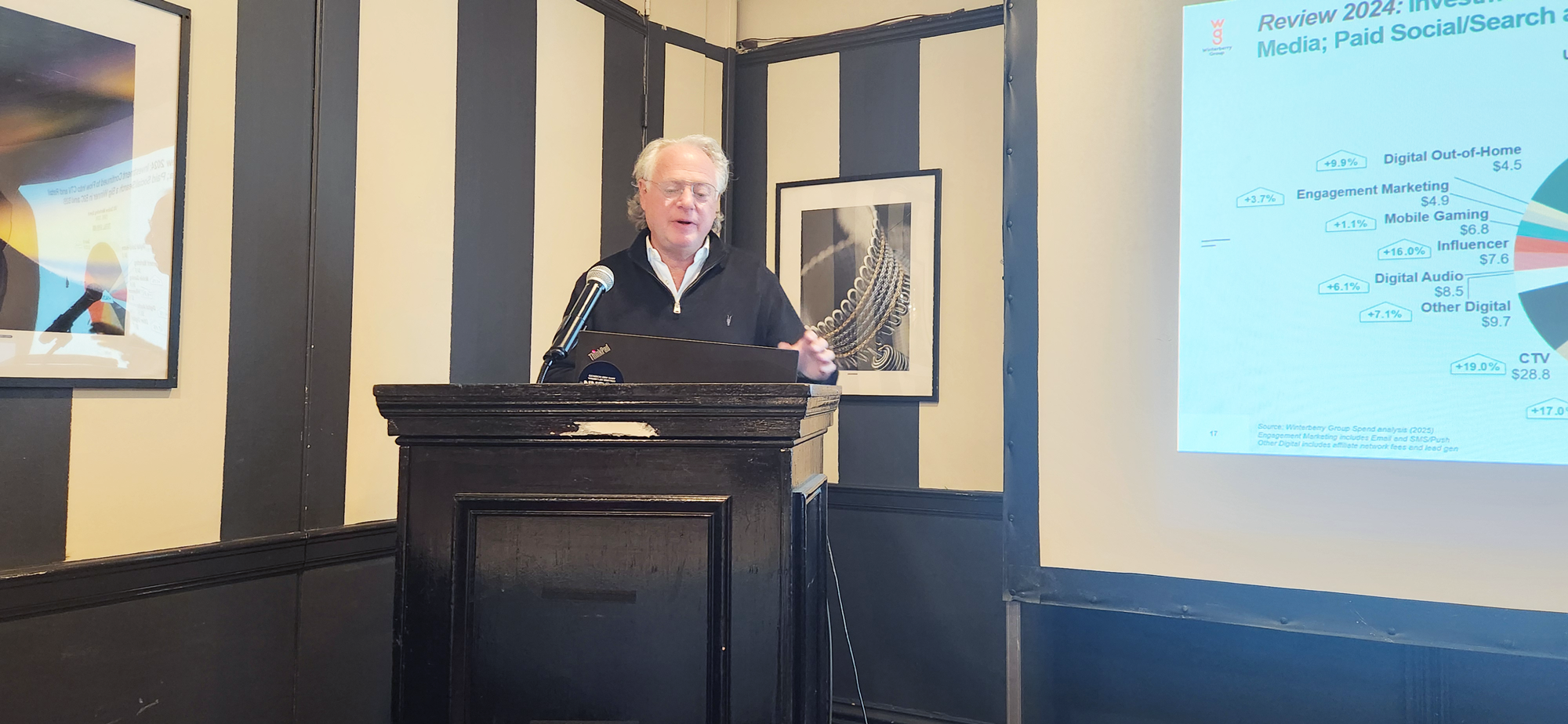
The appeal for personalization is high. Ninety percent of 1,000 consumers polled say receiving personalized experiences from a company is somewhat or very appealing, according to the study “Evaluating the Impact of Personalization on Business Performance,” by Epsilon, in partnership with GBH Insights.
The main reason those respondents find personalized experiences appealing is they feel like the company values them and cares about their business. Other reasons include “saves me time” and “it’s easier to make a purchase.” Conversely, most consumers who find personalization unappealing cite their dislike of being tracked or monitored and the primary reason. Others cite “invasion of privacy” and “don’t like companies to store my personal information” as reasons for shunning personalized experiences.

Despite the high appeal of personalized experiences, delivering them shouldn’t be a one-size-fits-all approach; consumers think of personalization differently. About one third of respondents think first of customization (32%) or personalized service (32%). The rest consider personalization primarily as specialized discounts (16%), specific products or services (8%), or convenience (7%).
When asked about companies that excel at delivering personalized experiences, Amazon tops the list. CVS, Kohl’s, Target, and Walmart also were high on the list. The reason? Customized discounts (31%) and recommendations (22%) are the most memorable benefits of personalization. Other memorable benefits include helpful customer service (20%), convenience (19%).

Overall, there seems to be a trend toward providing more personalized experiences, the study finds. About two thirds of respondents (66%) say companies are doing somewhat or much better at providing personalized experiences than last year; 27% say the level of personalized experiences has stayed the same for them, while 7% assert that companies have gotten worse at delivering personalized experiences as compared to last year.
Despite the progress in personalized experiences that respondents report, there’s still opportunity for improvement. For example, although 90% of consumers polled say they’re more likely to do business with a drugstore or grocery store that offers personalized experiences on its website or mobile app, only 71% agree that those companies do well or very well at providing them. Similarly, 94% of respondents say they’re more likely to do business with a travel and leisure company that offers personalized experiences at its physical locations, but only 59% agree that those companies do well or very well at providing them. Those gaps are comparable across all the industries the study measures.

What marketers should do next
The fact that consumers are more likely to do business with companies that offer personalized experiences is one of the most important findings from the survey, asserts Kevin Mabley, SVP of Epsilon’s Strategic Consulting Group. “There’s power in providing personalized services that build loyalty,” he says. “It shows a behavioral connection to personalization.”
Epsilon dug into its own data to confirm the survey’s finding. “We matched survey respondents back to our transactional data,” Mabley says. “More than 95 percent of consumers who make 20-plus transactions per year find personalized experiences highly valuable, and are more likely to shop more often with brands that provide those experiences.” Mabley adds that respondents who say that companies are doing well providing personalized experiences shop two to three times more often than those who say that companies don’t do well at providing personalized experiences.
What do marketers need to do differently to improve the personalized experiences they offer, as well as increase the return from providing them? Go big on data and put customers first.
“Push the edge on the data you have access to,” Mabley advises. Capabilities such as machine learning and new data environments allow marketers to absorb much more data than they think they can, he points out. Today’s tools, as well as many emerging technologies, can help marketing make sense of much bigger data, enabling them to create the personalization that consumers want.
“And, transform to put the customer at the front of the business,” he says. Marketers should build their business requirement by starting with the customer experience the company wants to create. Then they’ll be able to determine what people, processes, and technologies they need to make that CX a reality.
“We’re doing a better job of personalization, and the ROI is there, so we should do more,” Mabley says. Personalized discounts and offers are important, but context such as time and device are becoming essential elements of personalized experiences. “‘Understand my preferences, make it easier for me to shop,’ is what customers want today. As you use data to create that personalization,” he adds, “there’s an economic impact—an ROI to the business.”

About the Author
Ginger Conlon, chief editor and marketing alchemist at MKTGinsight, catalyzes change in marketing organizations. She is a frequent speaker on marketing and customer experience, and serves in advisory or leadership roles for several industry organizations. Ginger was honored with a Silver Apple lifetime achievement award for her contributions to the marketing industry.
Find her at @customeralchemy and on LinkedIn.








